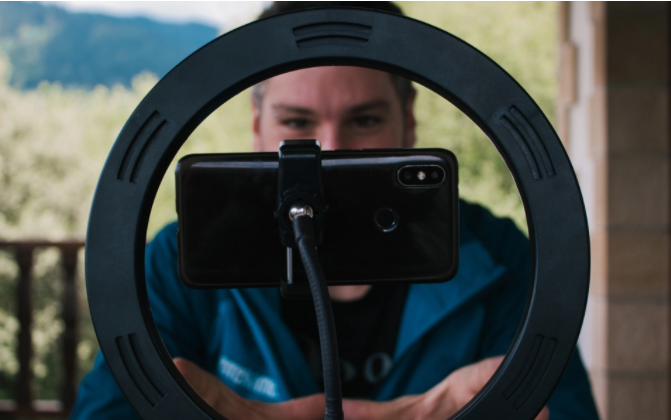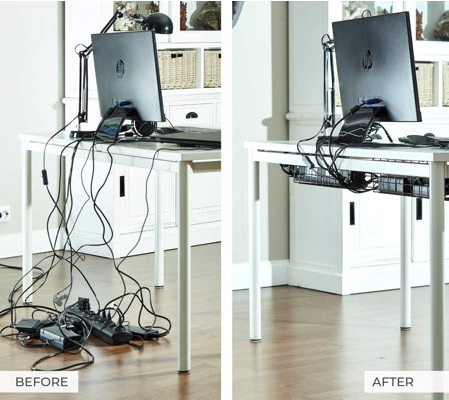Ladies, you do not need to read this post! You were actually born to put together a remote office. You might even have a Pinterest dream board for the perfect office. Most dudes, suck at this! They are still sitting, hunched over at their card-table, kitchen table they bought at Costco with the four folding chairs, or on the couch.
Sure, we (dudes) probably have a better WiFi connection than you do. That is the extent of our remote office ability. Great WiFi.
But, I’ve been told by many prominent women in my life that I kind of act like a chic, a lot. Many of my good friends are actual women! I have a good eye for interior design, and I think a great space can make you more productive.
BUT, the dude in me also knows this can’t take a lot of time or effort, because us dudes have other more important things to do, like run wifi speed tests to find out why our other dude friends somehow have faster upload speeds than we do!
Here are the 7 Things Dudes Need for their Remote Office (will not include any technology suggestions as that is for the 7 Things Chics need in their Remote Office):
1. Sturdy, Minimalist Desk. I like L-shape, but your space might not be big enough. Essentially, you need something to sit your computer, extra monitors, and stuff on.
2. An Office Chair that costs more than $99. Look the chair you had in the cube at work probably cost $399+. If you’re going to sit in something for over 1,000 hours per year, make sure it’s good and comfortable, for a long time! Plan on $400+ and think Steelcase, Herman Miller, etc. Don’t skip on a great chair! “Looks cool!” isn’t a great trait of a remote office chair.
3. Front Lighting. Sure it looks great to have a window as your backdrop, but it sucks as a functional workspace because every time you are on a video call you get washed out! So, you either have to have a big ring light staring you in the face, or have the window in front of you and let all that natural light make you look great!
4. Head Phone Stand. We (dudes) spend a lot on our headphones, don’t screw up that investment by continually throwing them on the desk every time you get up. Plus, when you leave your desk for the day/evening, it just looks nice!
5. Some Succulents. Some succ-a-what!? Now, my pod-partner Jessica Lee, is love with some sort of rubber tree plant. That’s cool, but maybe too big for a nice desk plant or two! Also, you’re a dude, you will kill real plants, so these are ones that will look great no matter what!
6. Cable Management. I know you don’t care that you have 7 things plugged into three extension cords that are snaking all over your office space, but it looks terrible! Also, a messing space makes you unproductive. Let’s tighten it up!
7. Artwork – Again, this must be strategically positioned so that people can see it. Now, let’s talk about limits. Sure, you can have a Star Wars print, but it better be retro and it better be framed! Another option is great landscape photos of mountain ranges or lakes, etc. You can even go pop culture, just make sure it makes a statement. If you’re questioning your decision, have a friend, who is female, who you think is a neat freak take a look, first! Go big, 36×24, or even bigger depending on your space, no one wants to see some 12X10″ framed photo all by itself on the wall. I’m looking at ordering this print for my office right now – iconic! Check out Etsy for some great prints and prices.








